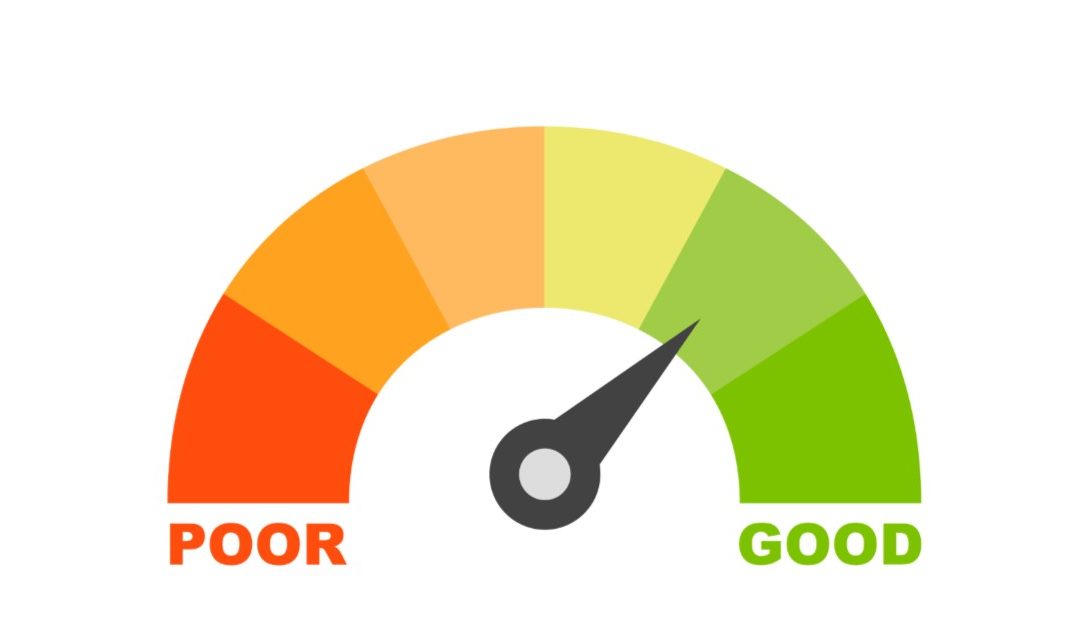Hard money loans are asset-based, meaning lenders focus more on the quality of the deal and less on credit score.
They are also secured, which means they’re tied to an investment property. If you default on the loan, the lender can foreclose and take back the property. Suggesting that hard money loans are best suited for investors who are fully committed to the success of their project. This security makes commercial loans less risky for hard money lenders. And as a result, they may be willing to bypass credit issues when approving you.
Will your credit score help or hurt you when getting approved for a hard money loan? Learn how hard money lenders evaluate your credit score in our most commonly asked questions below.
Do hard money lenders check credit?
Most hard money lenders perform credit checks when they receive a loan application. A low score, bankruptcies, IRS tax liens, and previous foreclosures are all components the lender takes into consideration when understanding an investor’s track record. Although hard money loans are asset-based it is still the industry norm to conduct adequate due diligence.
Most established hard money lenders check credit because they need the assurance that the borrower had the ability to pay back the loan. Without credit checks, lenders can potentially expose their balance sheet to high-risk loans that could affect other borrowers working with them. Before you work with a lender that doesn’t check credit, do your own research to make sure they are financially sound. Confirm that the lender is reputable before proceeding with the loan.
Do hard money lenders issue approvals to individuals with bankruptcy, foreclosure, or IRS tax liens?
Investors with a foreclosure or bankruptcy within the last 7 years can have a hard time getting approved for a loan. However, this isn’t always a deal-breaker. Your lender will want to understand what happened and why it won’t happen again. Investors that have any IRS tax liens would need to pay them off before they can be approved for a loan.
What is the minimum credit score I need to be approved for a hard money loan?
Generally, for fix and flip projects – if you don’t have a credit score of at least 600, your lender may suggest partnering with someone that has a higher credit score. The minimum credit score for investors who are rehabbing properties to rent tends to be higher because the lender would need to make sure the borrower can refinance out of the loan with a bank.
If I have bad credit do I get charged higher rates and more points?
Hard money lenders understand that your credit score shouldn’t exclude you from investing. Most are willing to work with investors with a lower credit score. Investors who have bad credit are a risker investment for lenders, therefore points and rates are adjusted to reflect that. A lender may also want you to bring a larger down payment and write a formal letter explaining why your credit score is low.
If you have a defined exit strategy, executable plan, and can give you lender assurance that you can pay on time you’ll improve the chances of getting your deal funded.
At Washington Capital Partners we understand that your credit situation shouldn’t eliminate your chances of using hard money for your investment projects. We created our loan programs to give investors speed and flexibility they deserve. To get more information on getting approved for a hard money loan, contact us here.

